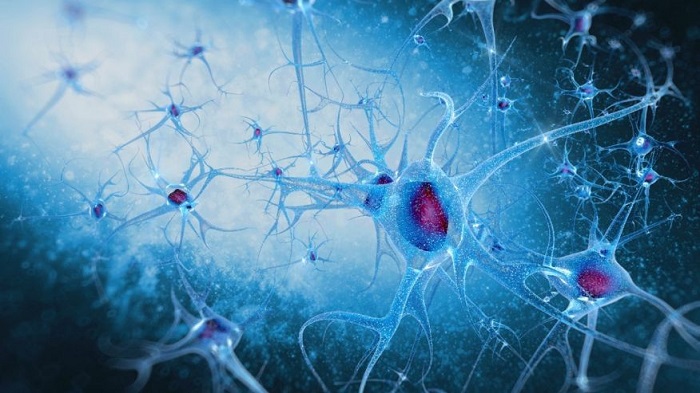Specifically, the researchers found links between the brain`s cerebral cortex — where many types of higher-level thinking take place, including decision-making and memory — and the inner part of the adrenal glands, called the adrenal medulla. This region releases key hormones involved in the body`s reaction to physical and emotional stress.
By looking at neural networks that link the cerebral cortex in the brain with the adrenal medulla, the researchers were able to make physiological and psychological connections that shed light on how the mind affects the body, said Peter Strick, the scientific director of the University of Pittsburgh Brain Institute and the lead author of the study.
The findings essentially created a road map to identify the areas of the brain`s cerebral cortex that influence control of the adrenal medulla, Strick said.
In the study, published online Aug. 15 in the journal Proceedings of the National Academy of Sciences, the researchers traced the neural pathways between the brain (mind) and the adrenal gland (body) of monkeys using a method that involves the rabies virus.
This virus is unique in that it can be taken up at the synapses (connections) between nerve cells and can move in the "reverse" direction through a neuron (the opposite of the direction that nerve signals are sent), Strick said. Using this method of tracking the virus, scientists can look at four to six links in a chain of interconnected neurons and map their locations both in the brain and the body, he explained.
Scientists previously thought that just one or two areas of the brain were responsible for control of the adrenal medulla.
But the new findings revealed that there were multiple areas in the brain`s cortex that influenced the function of the adrenal medulla and that these brain areas operated in different domains, Strick said. For example, the different brain areas may affect everything from a person`s movements and decision-making to their ability to appreciate conflict and feel sad, he explained.
Mind-body connections
Although the experiments were done in monkeys, the findings have practical applications to the mind-body connection in humans, because monkeys have some similar brain anatomy to humans, Strick told Live Science.
For example, the researchers showed that many areas of the brain`s cortex that control the movements of the body`s core muscles also control the adrenal medulla, Strick said.
This finding suggest that a person`s core muscles can have an impact on stress, and could also explain why exercises — such as yoga and Pilates — that relax these muscles help to reduce stress, Strick said.
The evidence also pointed to a scientific basis for mindful meditation, Strick said. It showed that there are areas of the brain activated during meditation that influence the adrenal medulla, he said.
A person could learn how to turn this neural pathway on and turn it off by meditating, which can reduce stress and have a calming effect, Strick said.
The researchers also discovered other areas of the brain — associated with sensing conflict or becoming aware of making an error — that are also linked by neural networks to the adrenal medulla, Strick said.
For example, elite tennis players are often advised that if they make a mistake while playing, they should learn to let go of the error and not beat themselves up over it.
It turns out there is a neural explanation to support this advice, Strick said. Letting go of the error during a tennis game is a great way to relieve stress, because a player who beats himself or herself up about a mistake replays the event in the mind, he said. Doing so activates the neural pathways in the brain that influence the adrenal medulla, thus activating the stress response as if the error were still happening, he noted.
Ultimately, the results demonstrate that the mind-body connection is real, Strick said. There are neural pathways in the brain that influence a person`s thoughts, feelings and movements, and these have important connections to the adrenal gland and influence how it responds to stress, he said.
The researchers plan on using the same methods to look at how cortical areas of the brain may influence the function of other parts of the body, such as the immune, gastrointestinal and cardiovascular systems, he said.
More about:
















































